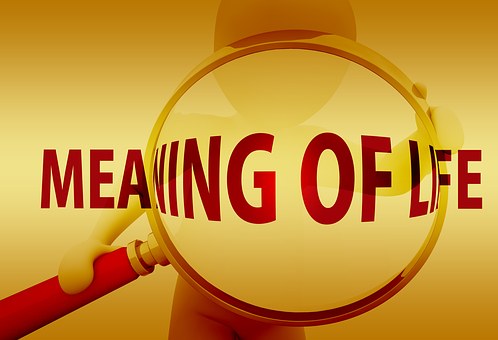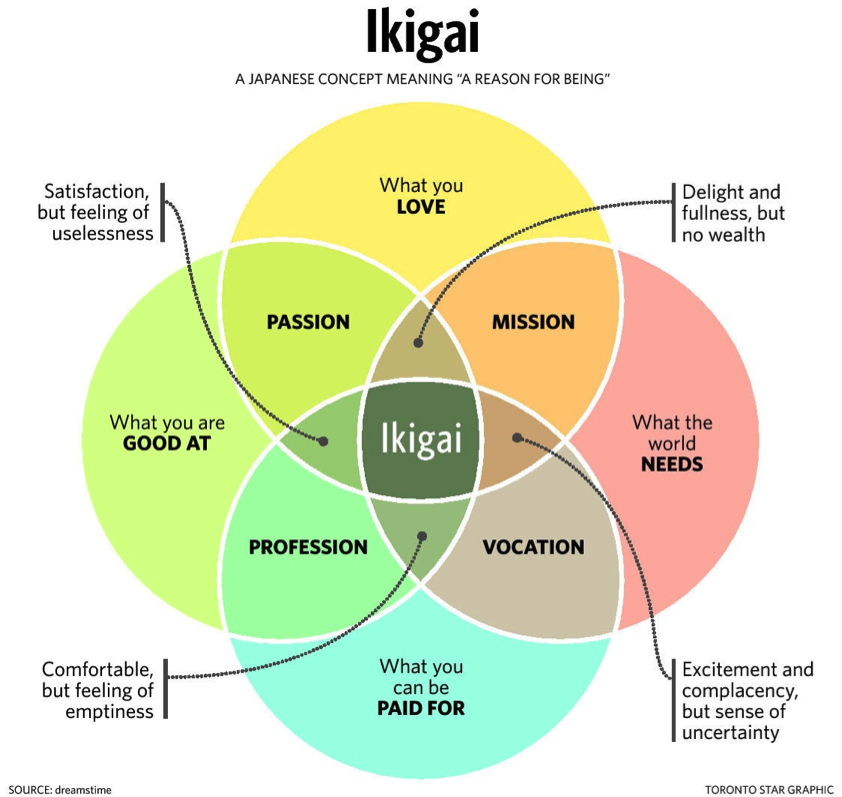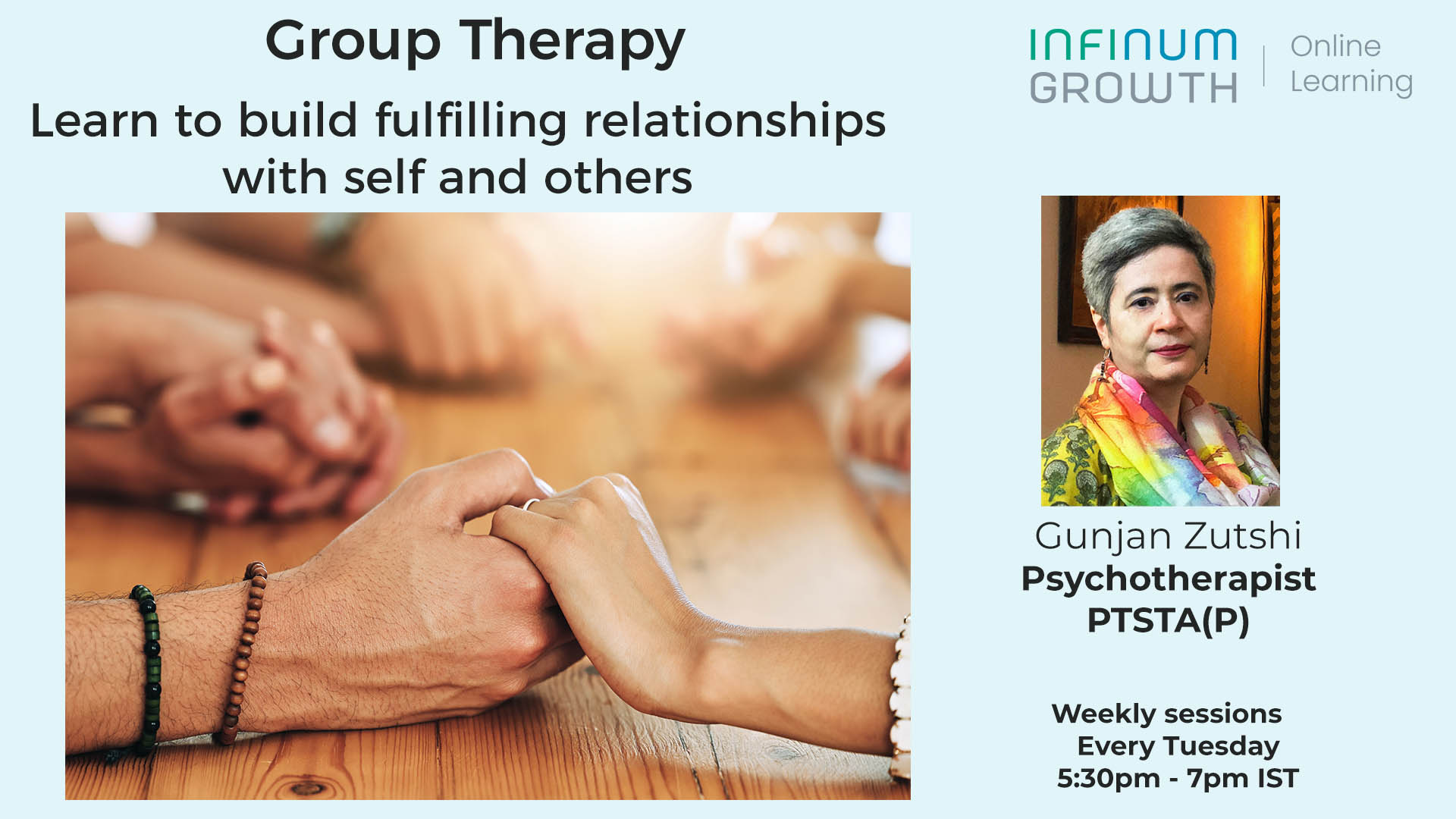As a 17-year old, when I entered my college campus for the first time, I was super-thrilled, anxious and had no idea about what lay ahead. I remember thinking, “My job is to study hard… everything else will take care of itself.”
Little did I know that I would end up in various clubs and departments, while being an active contributor to my own discipline’s Engineering Association. Education, thus, has been happening to me through varied experiences and I’m thankful for that.
So, when a bunch of us batchmates went back to campus on a nostalgic trip, two decades later, I was reminded of this journey, when a first-year student asked us,“Is it necessary to participate in any of the clubs and departments? Or should I concentrate on my studies and find my dream job?”
This question helped me reflect how I’ve been exploring all my life; be it the clubs on campus; or, the 8 different companies I’ve worked for, in the 15-odd years of my work-life; or the MBA I did, because I wanted to know what it was all about.
At the risk of indulging in philosophical aggrandizement, I profess that we are all seekers; each on our own exploratory paths of learning, unlearning and re-learning.
Ikigai, an amazing model to explain our reason for being
Recently, I came across a Japanese concept called Ikigai, that helped me make sense of this entire seeking process and which, I wish to share with you.
The word Ikigai derives from Iki, meaning life and kai, meaning the realization of hopes and expectations. It is pictorially represented as a Venn diagram, lying at the intersection of:
- What you LOVE
- What you are GOOD AT
- What you can be PAID FOR and
- What the world NEEDS.
Image source: https://medium.com/org-hacking/when-do-you-feel-ikigai-35e310269cb9
Tracing life’s events to understand one’s quest
When I saw this picture for the first time, I felt immense respect for the simple yet profound way a human’s quest was depicted. Before I knew it, I was zooming in and out of my life’s timeline tapestry, using the Ikigai microscope.
Most of my job switches, for instance, seemed to be a function of my skills and the opportunities available at the time, clearly lying in the “PROFESSION” zone. Like many of my peers in the early 2000s did, I too wanted to do an MBA, primarily because it seemed like an answer to the question “What can I get paid for (more)?”
As I recollected the essay questions of the institutes I had applied to, I realized they broadly covered the areas of strengths, passion and what the world needs; for example, by asking “What have you done apart from your day job, to make a difference in the world around you?”; or the quintessential “Why do you want to do an MBA?” question most of us used to struggle answering.
Perhaps the struggle was because I did not know clearly what I loved; and I was figuring out what I was good at; while the question of what the world needs, wasn’t significant for me yet.
One’s Ikigai can be a combination of interests
After 4 unsuccessful attempts, I did manage to do my MBA from a premier institute and graduated with a loan to pay off, instead of a job that would pay me; thanks to the sub-prime crisis (it was clearly NOT what the world needed!). Thankfully, the next job I eventually managed to land, a few months after graduating, turned out to be the one where I had some of my most memorable and fulfilling experiences.
Looking back, this was probably because I could explore my passion and strengths, while getting paid for what I did. As I turned 30 a few years later, the question of “What impact am I having in this world?” became so significant for me, that it led to, what turned out to be, a premature jump into full-time entrepreneurship.
Goaded by quotes like “If you don’t build your dream, someone else will hire you to build theirs”; and the influence of brilliant mavericks like a certain Jobs, I went on a quest of finding that one thing that’ll answer all the four questions for me.
A year of struggle and some emotional-cum-financial bruises later, I discovered this quest could have been better served by a long vacation and moonlighting.
Dear hindsight, why don’t you come upfront, huh ?!?!
Ikigai works like a compass – find yours
I realized that finding the one thing that solves my Ikigai is one approach. Alternatively, I can explore multiple activities/interests that are together helping me realize my Ikigai.
Serendipitously, Transactional Analysis (TA, a social psychology) happened to me, as I explored the path of finding paid career options in my areas of interest and strength. Community work through a non-profit, educational organization helped me address a significant aspect of what the world needs (understanding and compassion for self and others).
In addition to paying me, my day-job of the last 5-odd years has been helping me get good at and enjoy the process of coaching people be their whole self.
This experience has opened a new perspective for me; that, I can realize my Ikigai through multiple experiences, which keep changing as I and the world around me evolves continuously.
Today, the Ikigai serves as a compass for me whenever I feel directionless or lost. For example, sometimes I feel empty within, even when I’m quite comfortable with where my life is. This manifests in me being disconnected, non-committal and uninspired. One glance at the Ikigai tells me, I probably need to do more of what I love. At the end of my MBA, I remember reflecting, “So, what have I learnt about myself in the last year?”; And my answer was “I’ve learnt that I love writing, speaking and dancing.”
Writing. Check. Speaking, well my job is that 🙂 Next up, dancing shoes perhaps?
Cheers! keep finding your Ikigai !
Note: This article is a modified version of the reminiscence piece titled “The Dream World !” that first appeared in the BITS Echo Volume 3, Issue 1 published in October 2019. It is reproduced here with permission.
Please do leave your comments at the bottom and do share with others if you like this article.




















It is definitely a nice way to evaluate what we are doing and why.. and if we should change something..